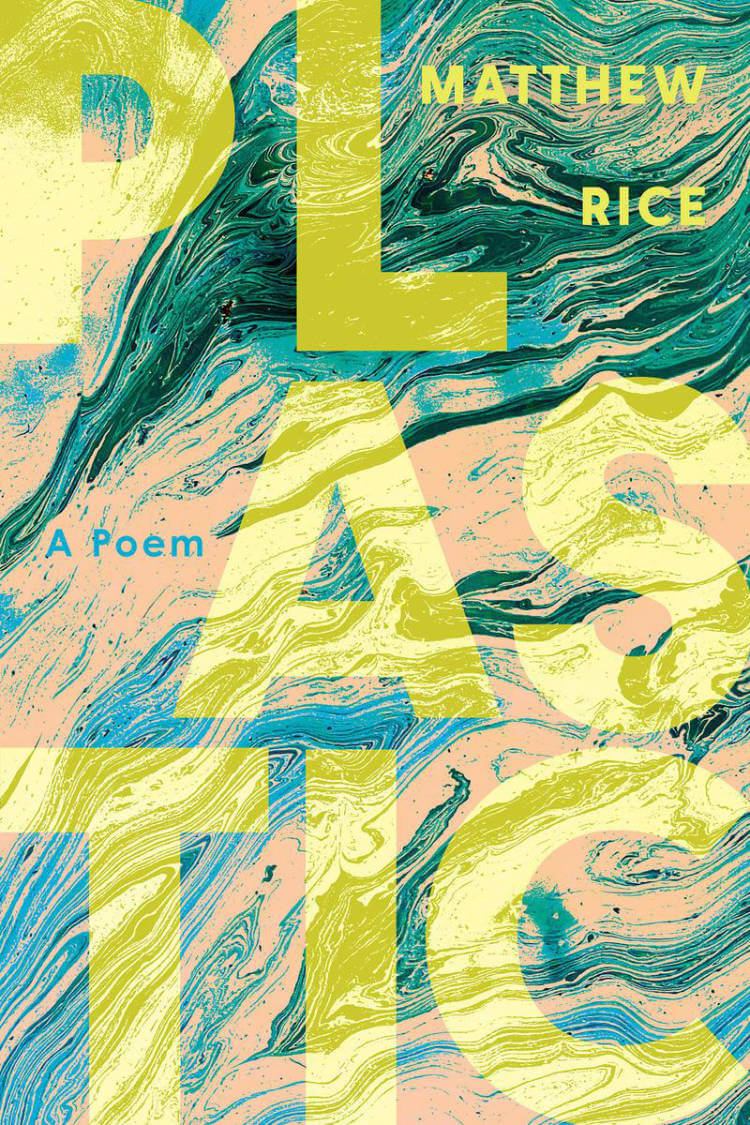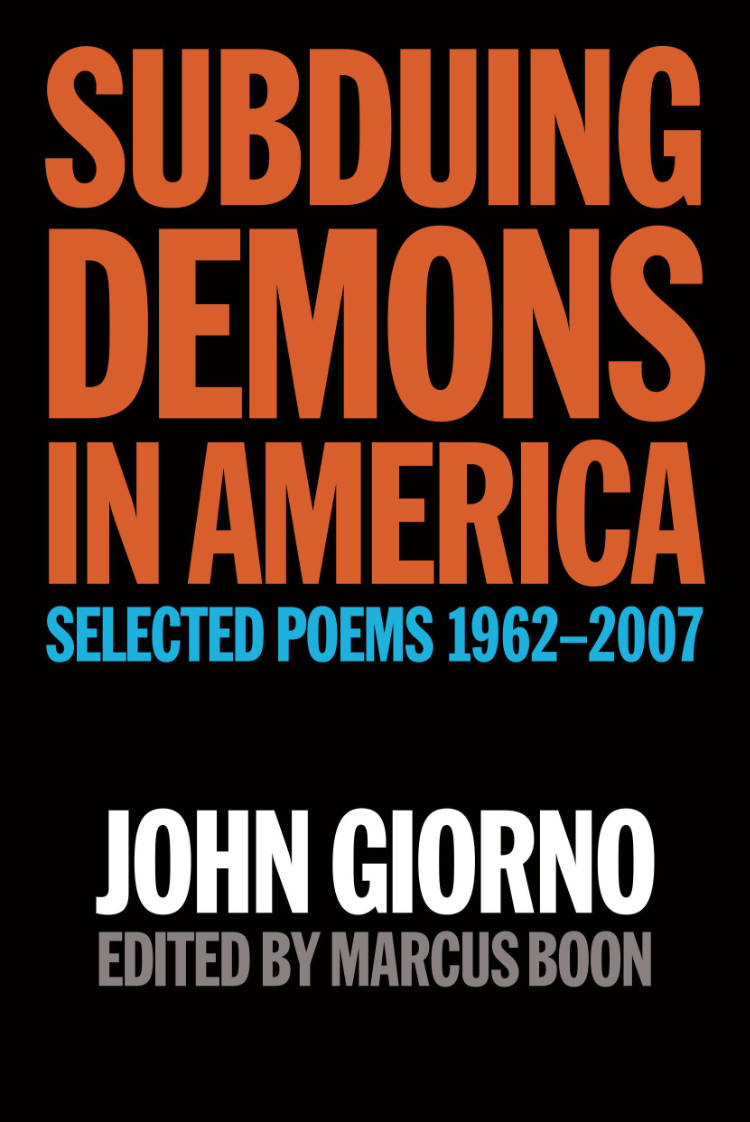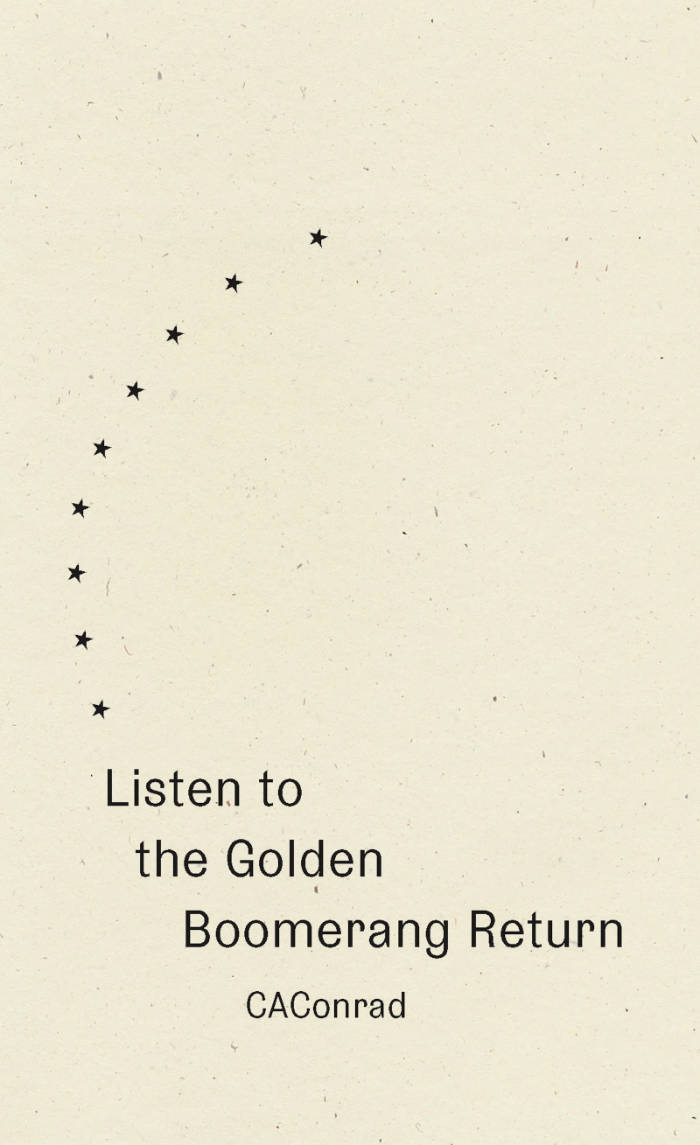
Deviant Propulsion
Delving into the center of the endless webs of repression against our bodies, desires, politics, and imaginations, are those whose actions and motion cut away at the systemic limitations of society–this collection of poems was written with the inspiration and work of these people in mind.
As a working class queer poet, Conrad has had to fight through different stratifications of oppression his entire life. His poems vibrate with the flamboyant desire that manifests itself in queer culture, where the right to act on basic desires can become a battleground, and everyday acts of love and devotion must be enacted as a political form of defiance. Deviant Propulsion is dedicated to the elimination of fear. The title refers to the idea that those who are deviant propel the world forward at top speed. The poems that emerge from this life-long struggle illustrate the sharp edge of that defiance and desire, where joy is closely linked to death. In a world ruled by those who govern with fear, and in a landscape barbed with those who are terrified of desire, moving at speed of deviants is the only way to transform potential into action, and desire into positive change.
CAConrad is the author of nine books of poetry and essays, including their latest book JUPITER ALIGNMENT: (Soma)tic Poetry Rituals and While Standing in Line for Death, which won a Lambda Book Award. A documentary about their work, The Book of Conrad, is viewable online on their website.
Language: English







